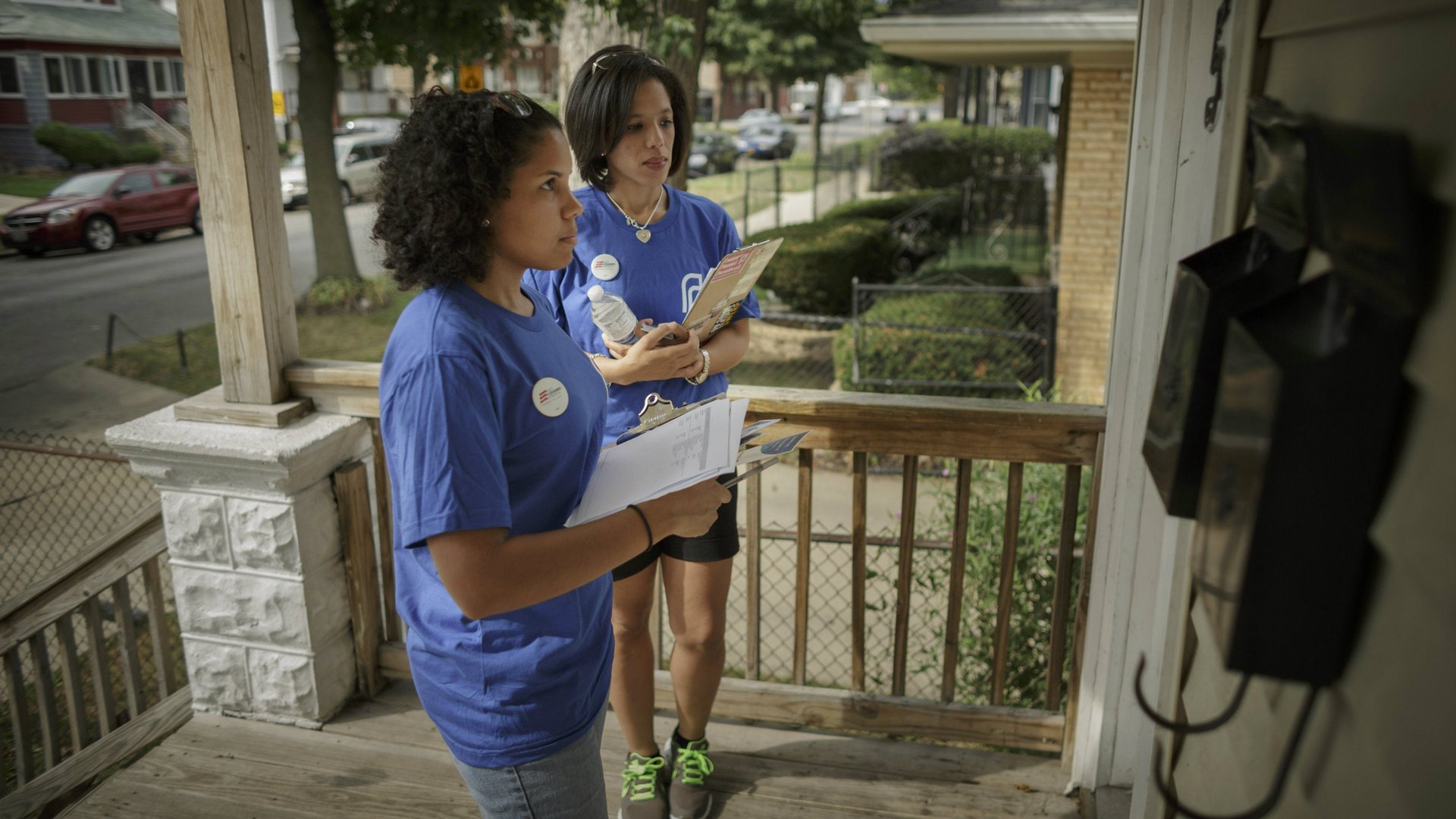People are fed up with taking surveys, and that’s bad for science
You should probably start filling out those annoying government surveys. Science depends on it.


You should probably start filling out those annoying government surveys. Science depends on it.
Regular surveys of households are crucial sources of data for measuring unemployment, poverty, health insurance coverage, inflation, and much else besides. These statistics help direct government funds and are also used by social scientists for their own research, which can influence government policy.
But in the past few decades, response rates to crucial household surveys in the US has dropped, in what researchers describe in the jargon as ”the problem of unit nonresponse.” A new study—“Household Surveys in Crisis,” published in Journal of Economic Perspectives—shows a marked increase in unit nonresponse to important surveys over time:
This is not necessarily down to the rise of unlisted mobile phones or prevalence of gated communities, both commonly cited as obstacles to collecting survey data. The nonresponse rate measured above is for people who are actually contacted by survey companies but refuse to participate.
What’s more, those who deign to respond are not answering key questions. When an answer to a question is missing, researchers usually fill in this missing data with a random response (a practice known as an imputation). To look at the extent of key questions missing answers, researchers analyzed imputation rates for sensitive survey questions about the receipt of benefits like food stamps.
There are significant drawbacks to imputations, with higher odds of statistics being biased for or against certain groups as benefits are under- or over-reported. Unfortunately, the researchers found that average imputation rates were quite high, averaging around 25%:
A number of reasons are cited for the decline in survey response—concerns about privacy, a decline in public spirit, and less leisure time, to name a few. The researchers’ preferred explanation is that households are simply overwhelmed by surveys, which have been growing in number for many years. “We suspect that talking with interviewers, once a rare chance to tell someone about your life, is now crowded out by an annoying press of telemarketers and commercial surveyors,” they conclude.